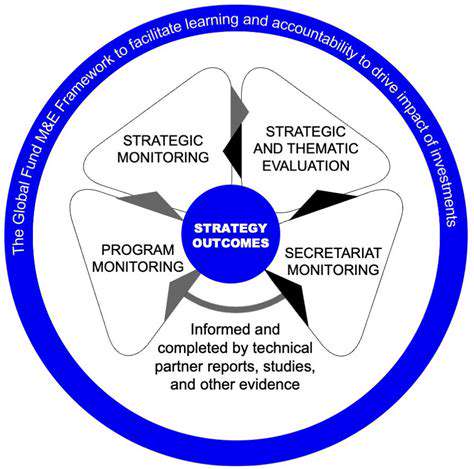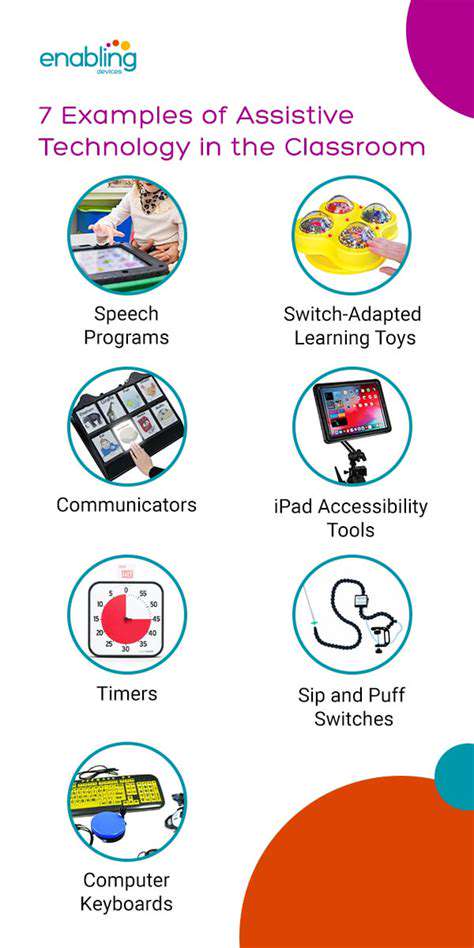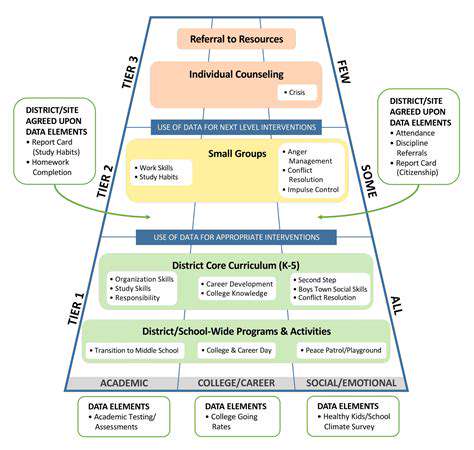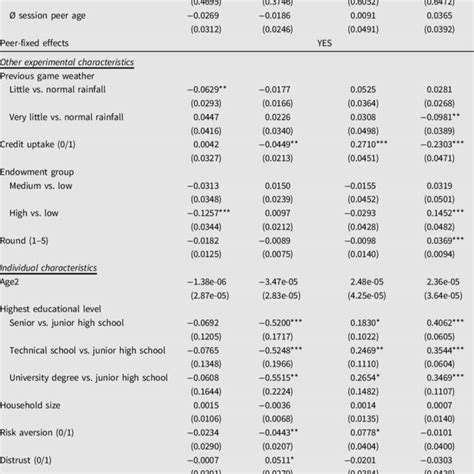Setting Healthy Screen Time Boundaries in Digital Age Parenting
Crafting a Family Screen Time Agreement: Collaborative Rules for the Digital Home
Establishing Clear Expectations
A family screen time agreement isn't about complete prohibition, but rather about establishing clear expectations and boundaries within the digital landscape. Open communication is key, encouraging family members to voice their needs and concerns regarding screen time. This collaborative approach fosters a sense of ownership and responsibility, making the rules feel less like restrictions and more like shared guidelines for a healthy digital environment. It's important to consider individual needs, developmental stages, and interests when crafting these rules, ensuring fairness and understanding for everyone involved.
Defining specific times for screen use, such as designating no-screen zones in the house or during mealtimes, can be helpful. These boundaries set clear parameters for when and where technology is permitted, promoting a healthier balance between digital engagement and real-world interactions. Creating a schedule that outlines specific time blocks for screen use can also assist in managing screen time and preventing overuse.
Defining Acceptable Content and Usage
Open discussion about appropriate online content is crucial. Families should establish guidelines regarding acceptable websites, apps, and online activities. This includes discussing potential risks, such as cyberbullying, inappropriate content, and online predators. Parents should take the opportunity to educate their children about responsible online behavior and encourage them to seek help if they encounter any concerning situations online.
Age-appropriate content restrictions are essential for safeguarding children from unsuitable material. Using parental controls, age-gating features on apps, and regular conversations about online safety are all vital steps in creating a safe and positive digital environment. Establishing clear guidelines for social media use, including acceptable interactions and potential consequences for inappropriate behavior, can also be a vital part of the agreement.
Enforcing and Reviewing the Agreement
A family screen time agreement is not a static document; it should be reviewed and revised periodically to reflect the evolving needs and situations of the family. Regular check-ins and discussions about adherence to the rules are essential for maintaining a healthy balance. This allows for flexibility and adjustments as needed, ensuring the agreement remains relevant and effective over time. Creating a system for feedback and addressing concerns promptly can help maintain a sense of fairness and transparency within the family.
Consistency in enforcement is key to the success of any agreement. Addressing violations in a calm and constructive manner, rather than resorting to harsh punishments, fosters open communication and encourages learning from mistakes. Celebrating adherence to the agreement and recognizing responsible digital citizenship can also be powerful motivators and reinforcement for positive behavior.












